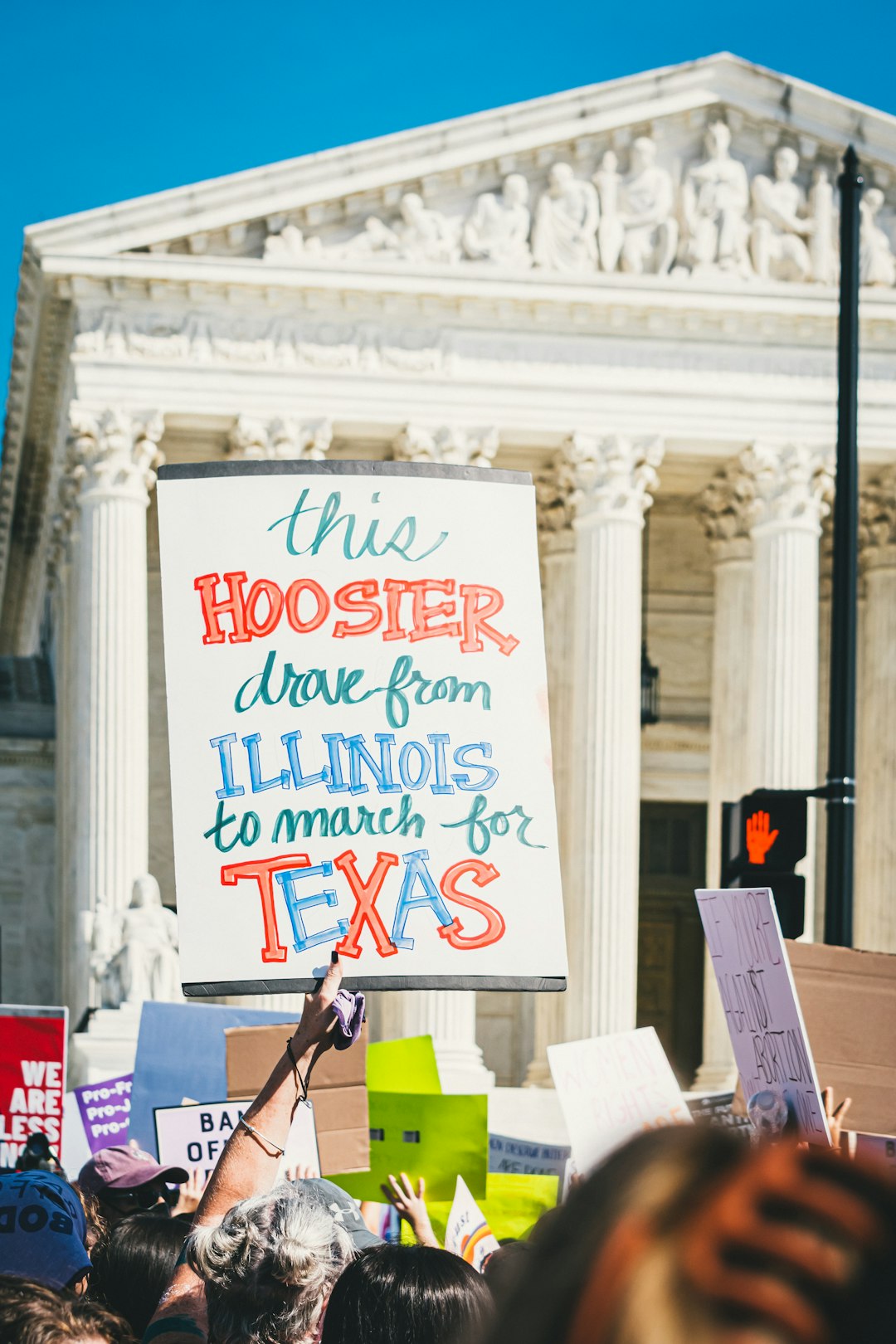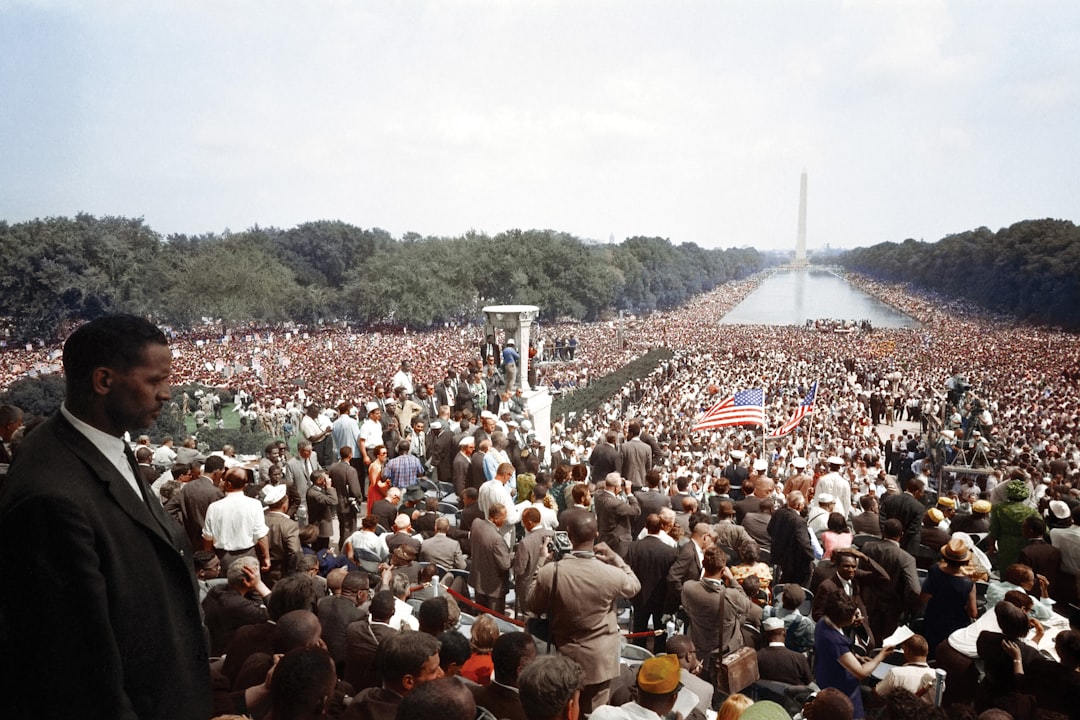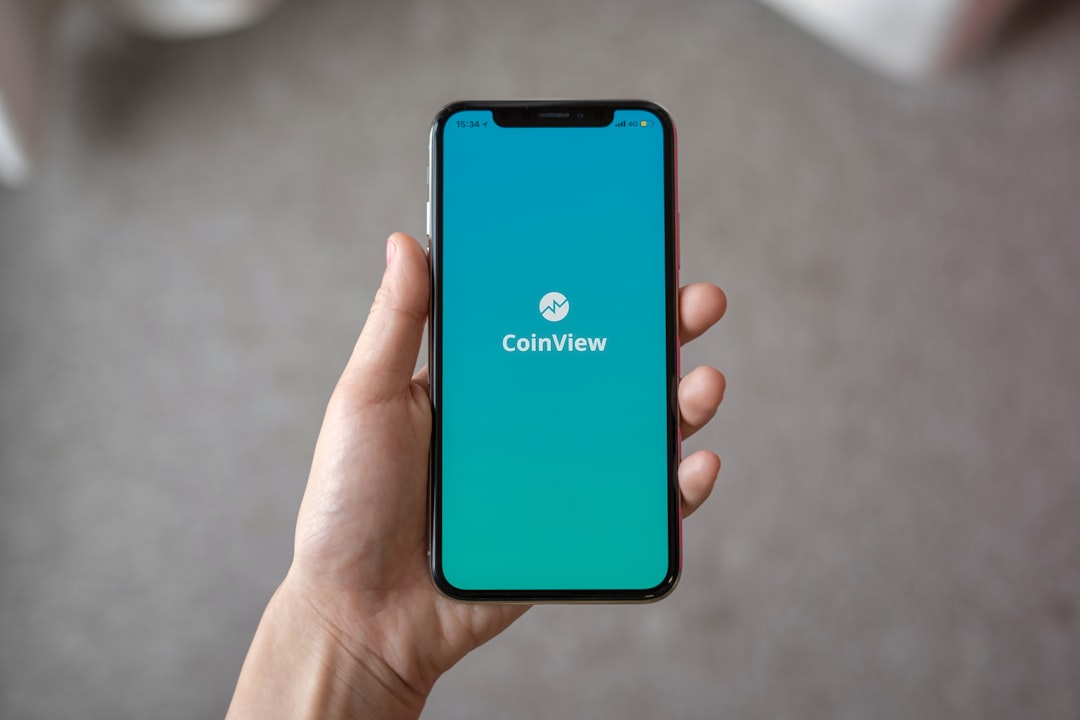In telecommunications law, "prior express consent" is a critical factor under the TCPA, shaping the fate of spam call lawsuits in Washington D.C. Judges interpret this rule strictly, demanding clear documentation of consumer permission for automated calls or texts. Spam call lawyers and attorneys in DC must navigate this complex landscape, ensuring voluntary consent through language, context, and transparent practices to avoid TCPA violations. Staying updated on court rulings is vital for effective advice and representation, protecting client rights and balancing marketing efforts with consumer protection. Top-rated firms advise businesses to document interactions, obtain explicit consent, and implement rigorous data management practices to defend against spam call allegations.
In the digital age, navigating the Telephone Consumer Protection Act (TCPA) in Washington D.C. is a complex task, especially regarding ‘prior express consent’ interpretations by local judges. This article delves into how D.C. judges construe ‘prior express consent’, offering valuable insights for both spam call lawyers and attorneys operating within this jurisdiction. Understanding these interpretations is pivotal for building robust defenses in TCPA cases, with significant implications for the future of spam call compliance in the region.
Understanding Prior Express Consent: The Key to Navigating TCPA Cases in DC
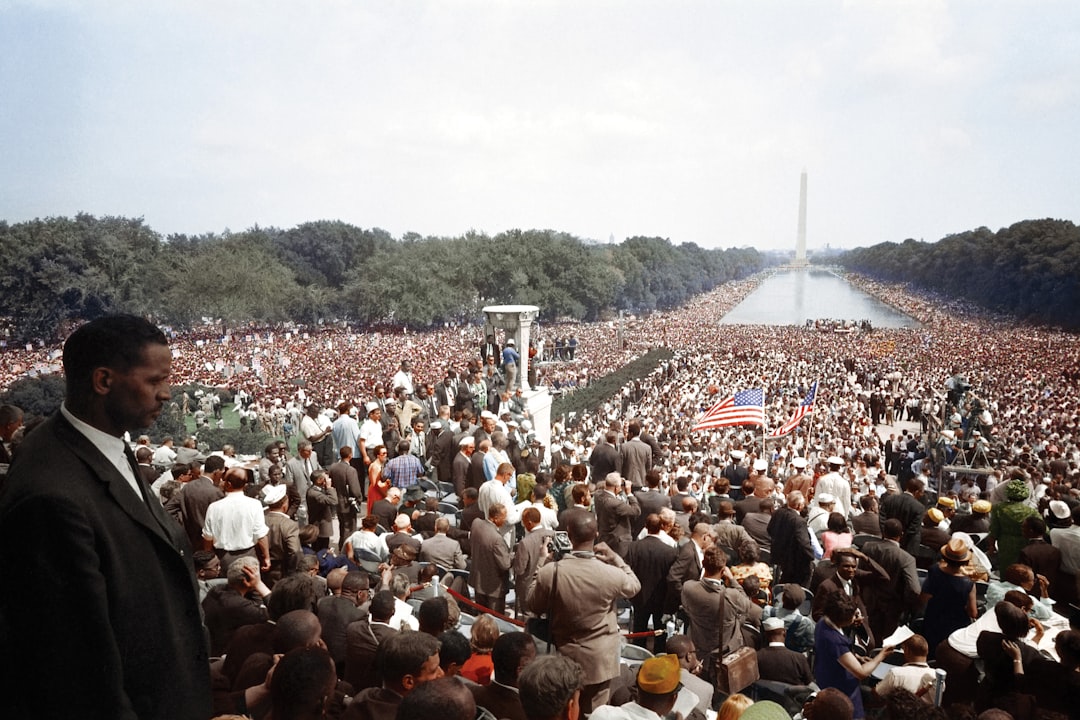
In the complex landscape of telecommunications law, “prior express consent” is a crucial concept that significantly shapes outcomes in Telephone Consumer Protection Act (TCPA) cases. For individuals and businesses facing spam call lawsuits in Washington D.C., understanding this term is essential for effective navigation through legal proceedings.
Prior express consent refers to explicit permission given by a consumer, documented through a clear and unambiguous agreement, allowing businesses or telemarketers to contact them with automated calls or texts. This concept acts as a shield for companies operating within the TCPA’s guidelines while holding accountable those who infringe on consumers’ rights. Lawyers specializing in spam call cases in DC play a vital role in interpreting this consent requirement, ensuring clients’ rights are protected and guiding them through the intricate legalities of TCPA compliance.
How DC Judges Interpret Consent: A Closer Look at Case Law

DC judges have been actively interpreting “prior express consent” in TCPA cases, a crucial aspect for spam call lawyers DC and attorneys specializing in this area. When it comes to determining if consent was validly given, the courts often look at the specific circumstances of each case. In their analysis, they consider factors such as the clarity and specificity of the consent, whether there was any ambiguity in the communication, and if the consumer clearly understood they were agreeing to receive calls or messages.
Case law reveals that DC judges rigorously scrutinize marketing materials and communications to ensure they meet the legal standards for obtaining prior express consent. A spam call lawyer DC or attorney representing clients in such cases must demonstrate that explicit permission was obtained, documented, and that the consumer’s consent was voluntary. This involves examining the language used, the context of the interaction, and whether there were any hidden clauses or fine print that could be misleading. The interpretation of consent has significant implications for spam call law firms DC, as it directly impacts the fate of calls and messages deemed unlawful under the TCPA.
Implications for Spam Call Lawyers and Attorneys in DC

For spam call lawyers and attorneys in DC, the interpretation of “prior express consent” by local judges presents both challenges and opportunities. Understanding how courts define and apply this legal concept is crucial for defending clients against TCPA (Telemarketing Consumer Protection Act) violations. Lawyers must stay updated on these interpretations to provide effective advice and representation in spam call cases. A thorough knowledge of the law allows them to navigate the complexities of prior consent, ensuring their clients’ rights are protected while aiming to mitigate potential legal risks associated with unsolicited calls.
Spam call law firms in DC can leverage this evolving body of case law to better serve their customers. By keeping pace with judicial interpretations, they can craft strategic arguments and develop innovative defense mechanisms. This is especially important given the stringent nature of the TCPA and the potential for substantial financial penalties. With the right legal approach, spam call attorneys can help clients achieve a balance between marketing efforts and consumer protection, ultimately fostering a more responsible and compliant business environment in the District of Columbia.
Strategies for Building a Strong Defense: Tips from Top DC Law Firms
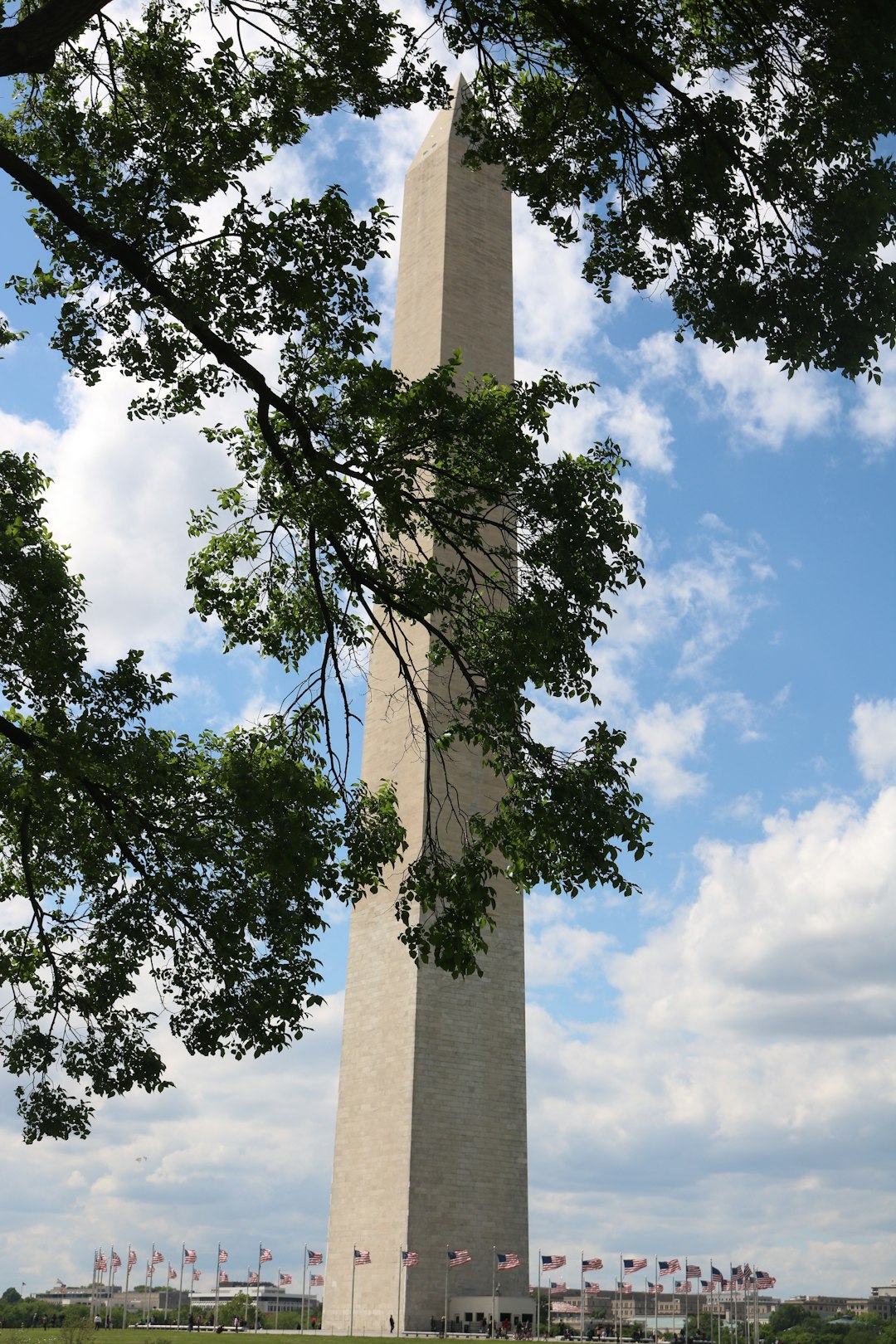
Building a robust defense against spam call allegations in Washington D.C. requires strategic planning and expertise. Top-rated spam call lawyer firms in DC offer valuable insights for businesses facing Telephone Consumer Protection Act (TCPA) litigation. These law firms emphasize the importance of documenting every interaction, ensuring explicit consent from recipients, and implementing rigorous data management practices to prove lack of violation.
They encourage clients to maintain comprehensive records of opt-out requests and promptly update marketing lists accordingly. Engaging in open communication with subscribers and providing clear, easily accessible opt-out mechanisms are key strategies recommended by these DC spam call attorneys. Additionally, staying informed about evolving TCPA regulations and seeking regular legal advice can significantly strengthen a defense strategy for businesses aiming to protect themselves from spam call lawsuits.
Future Trends: Predictions on TCPA Compliance in the Digital Age
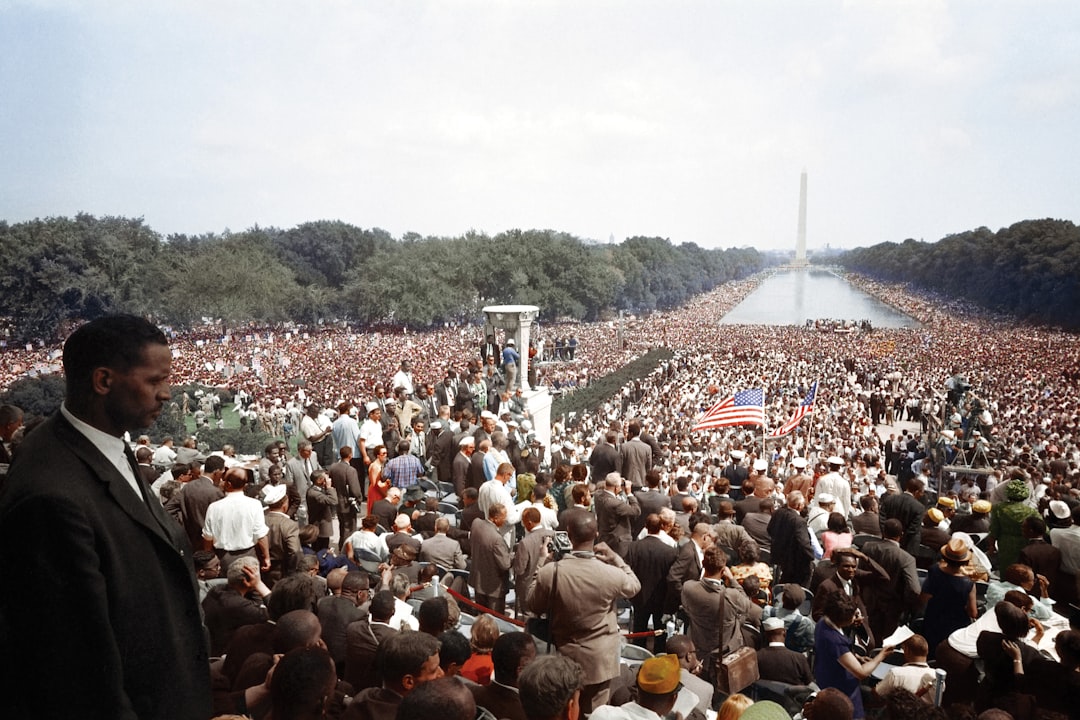
As we move further into the digital age, the landscape of telecommunications and consumer protection laws continues to evolve. The Telephone Consumer Protection Act (TCPA) remains a critical piece of legislation in combating unwanted spam calls, but what does the future hold for TCPA compliance? With technological advancements and changing communication methods, predicting trends is essential for both businesses and spam call lawyers DC.
One notable trend is the increasing importance of explicit consent. Judges in DC are likely to continue emphasizing the need for prior express consent, ensuring that consumers have control over their communication preferences. This shift could lead to more stringent guidelines for marketing calls, text messages, and other forms of digital outreach. Businesses and spam call attorneys DC must adapt by refining their data collection practices and obtaining clear consent from recipients. Additionally, with the rise of AI and automation in telecommunications, there may be a focus on accountability and transparency, requiring companies to justify their use of automated systems for marketing purposes. As consumers become more tech-savvy, they will also demand better protection from intrusive communication, making it crucial for law firms specializing in spam call cases DC to stay ahead of these developments.

